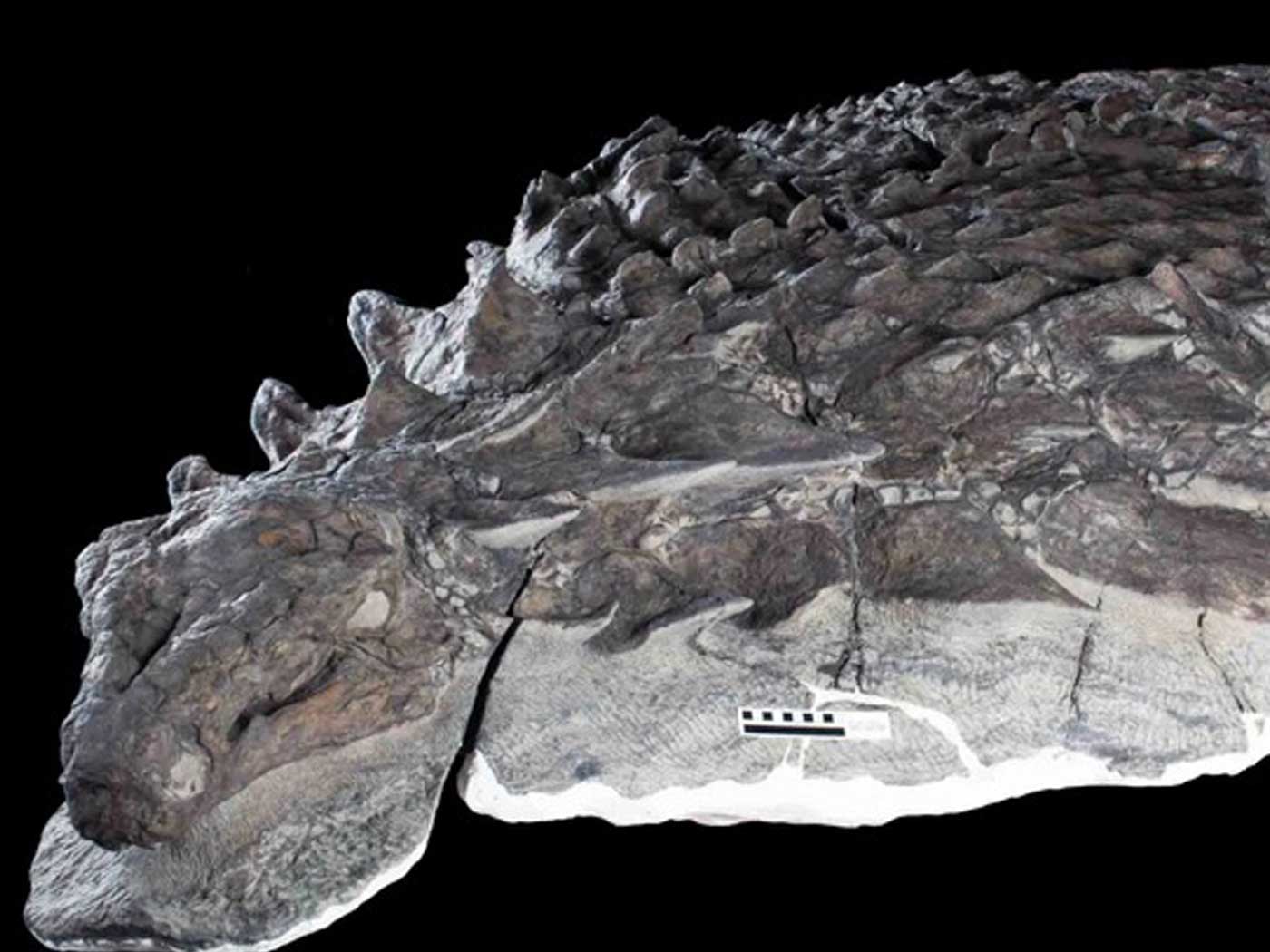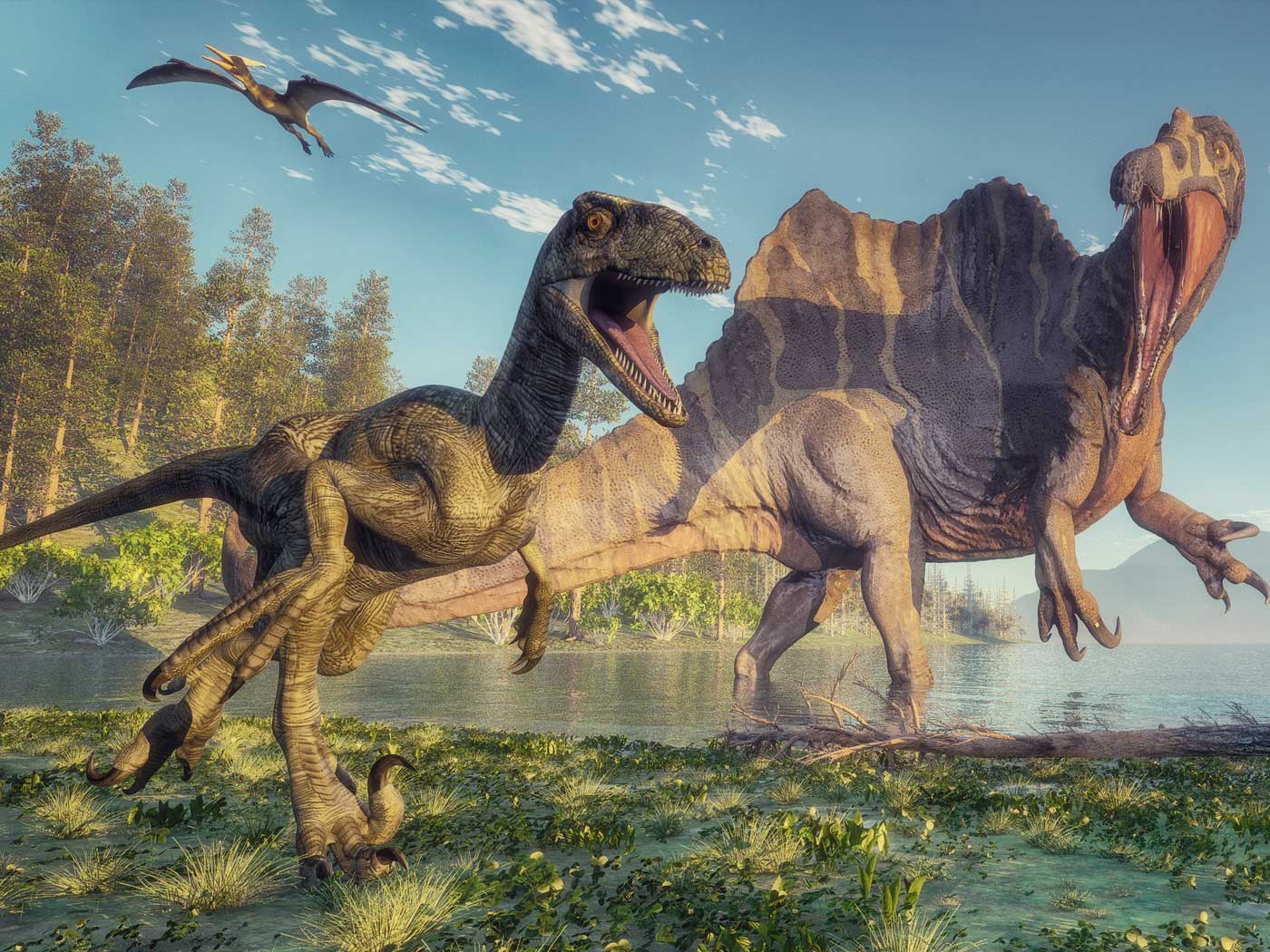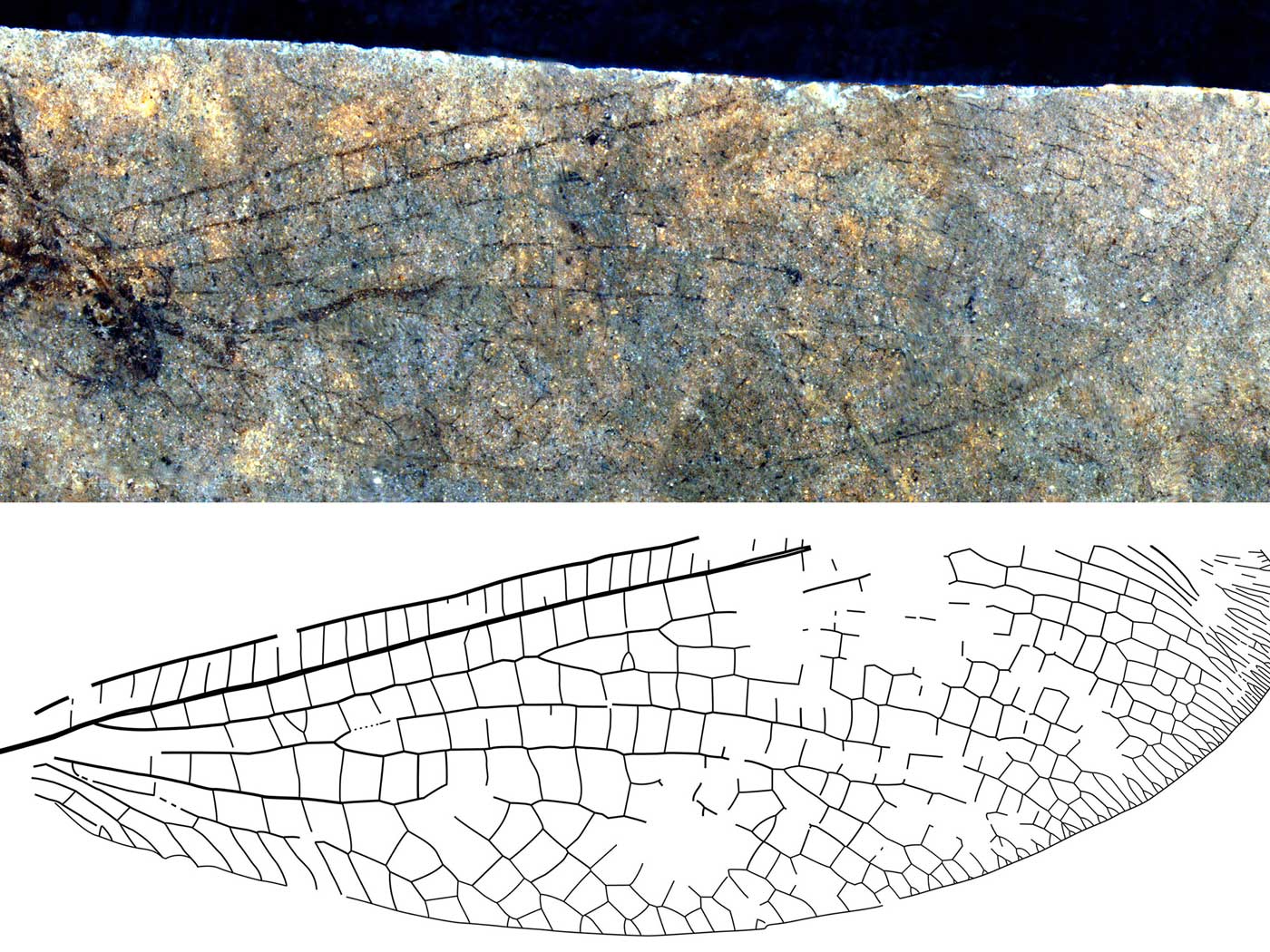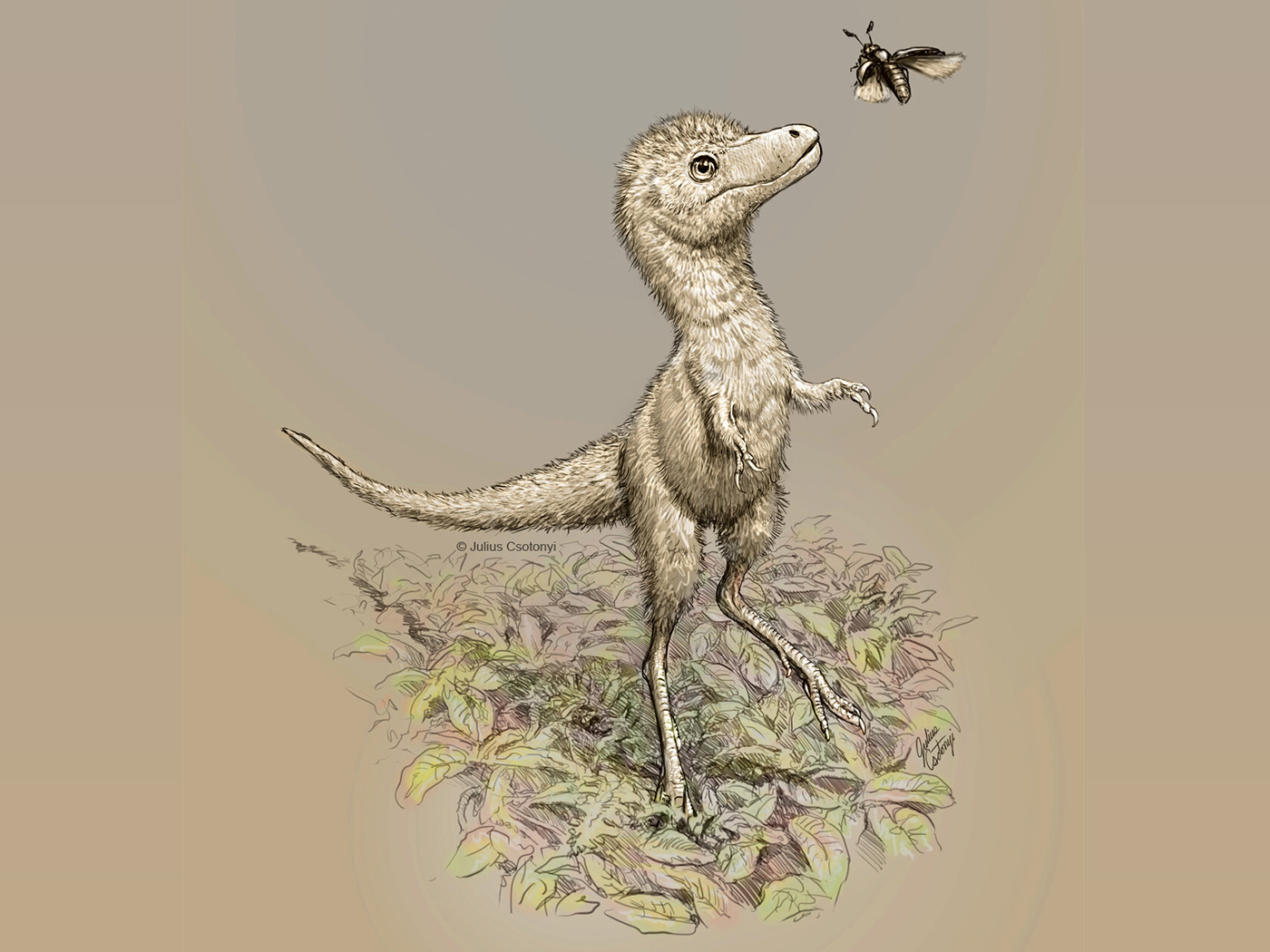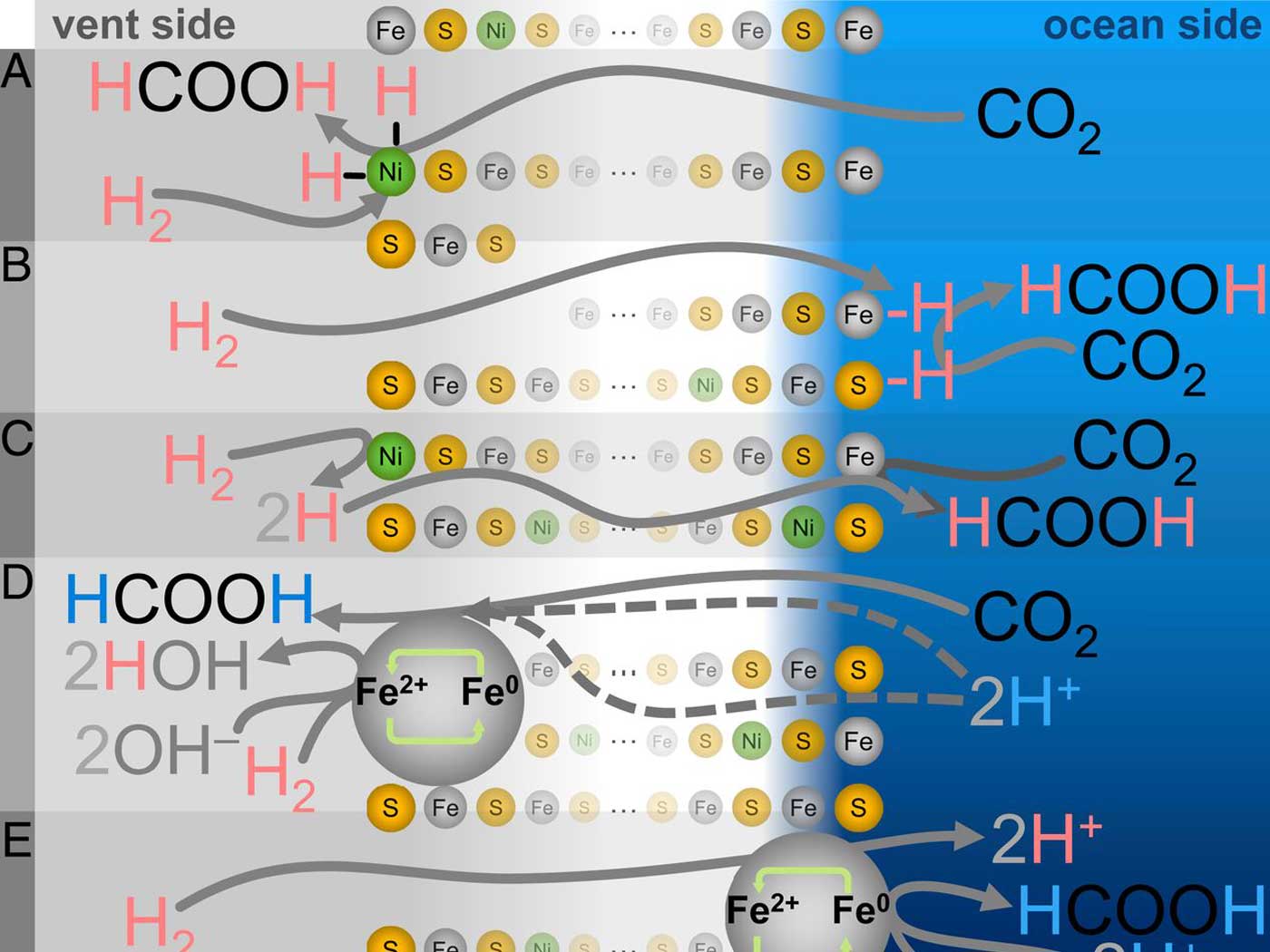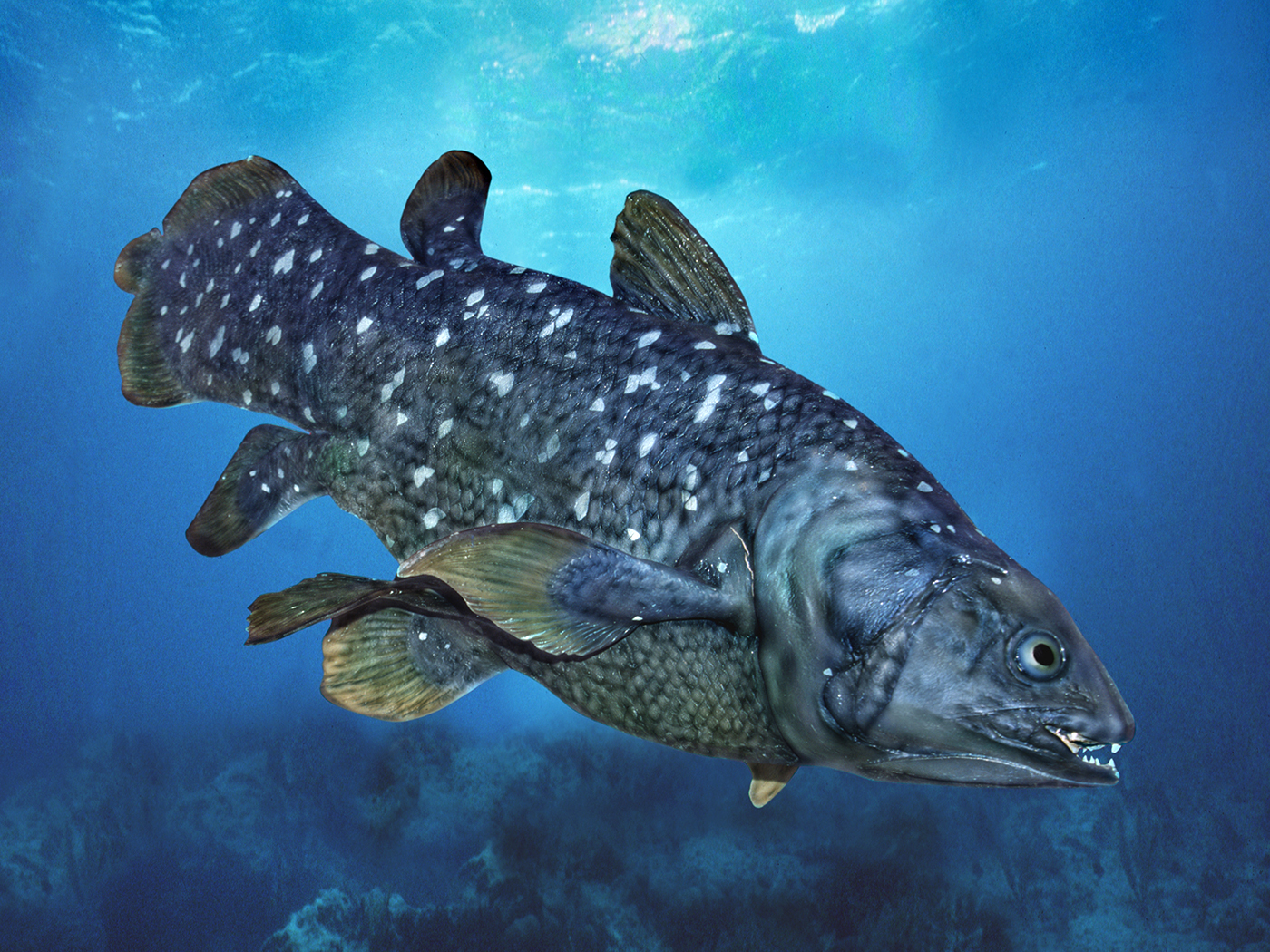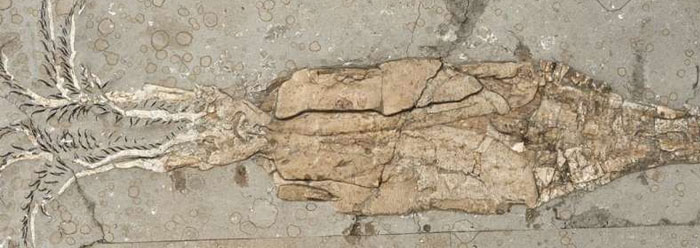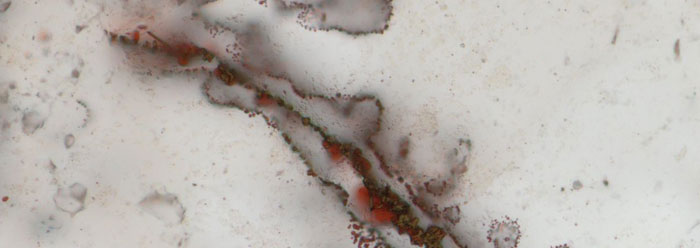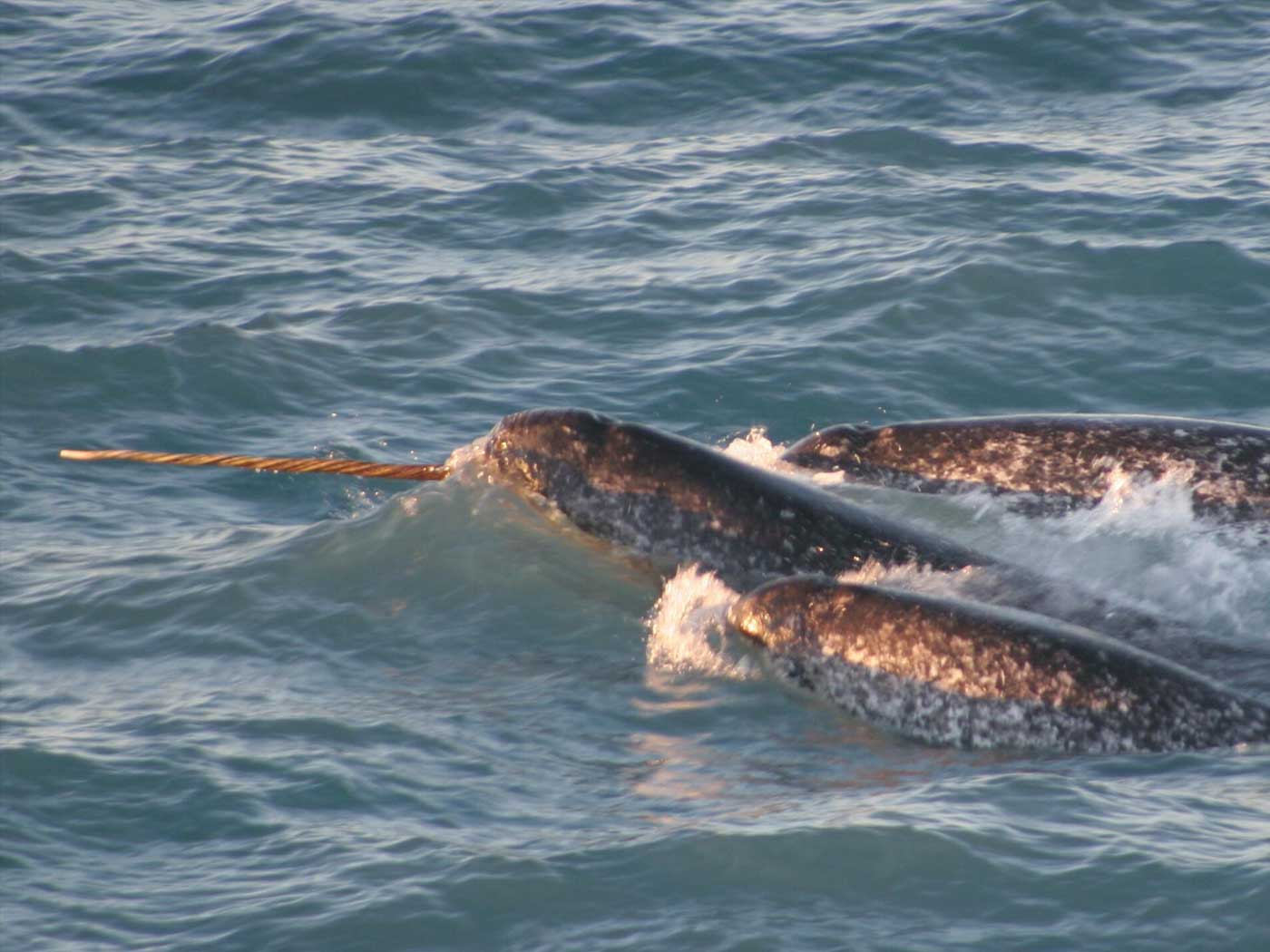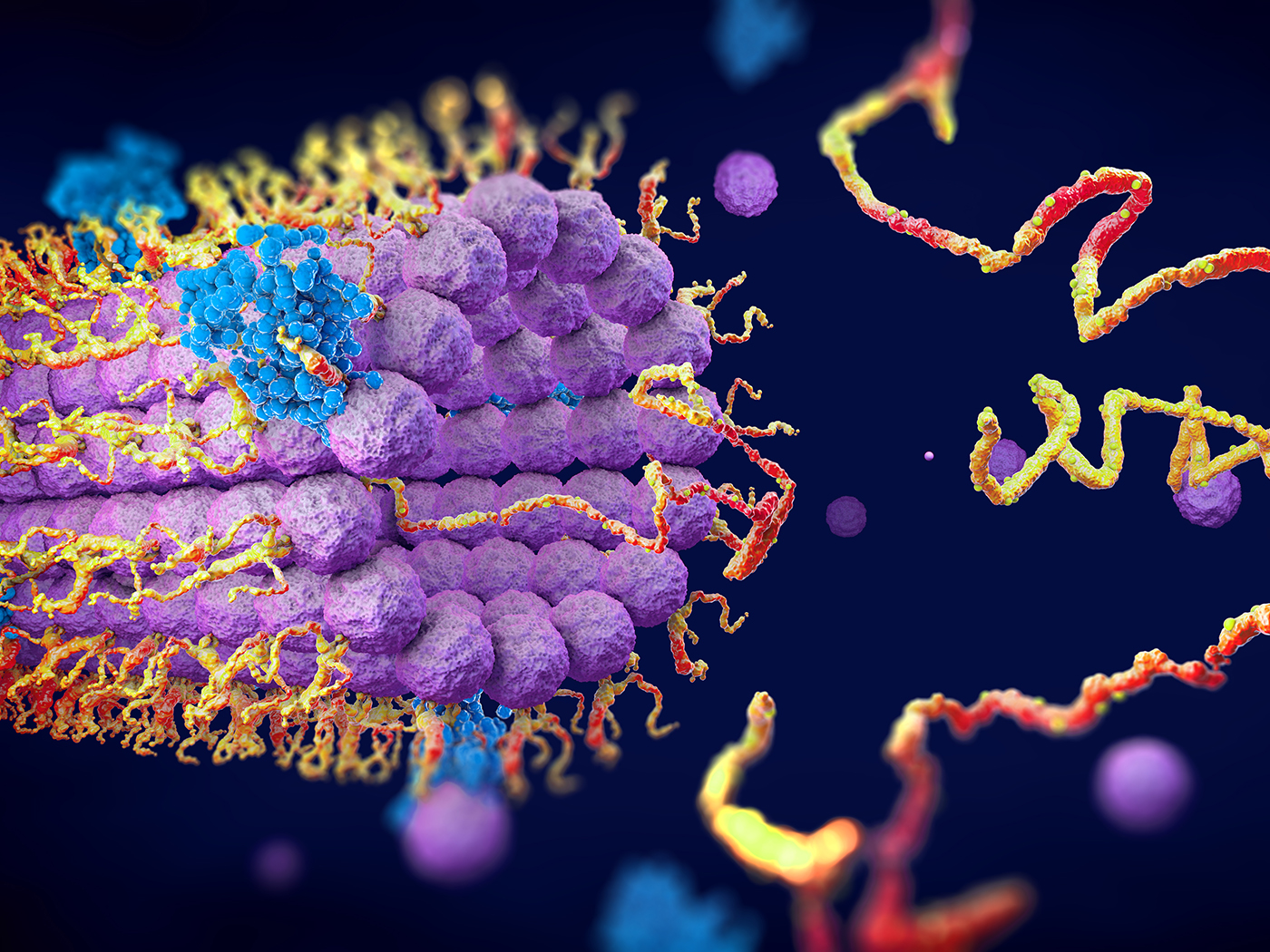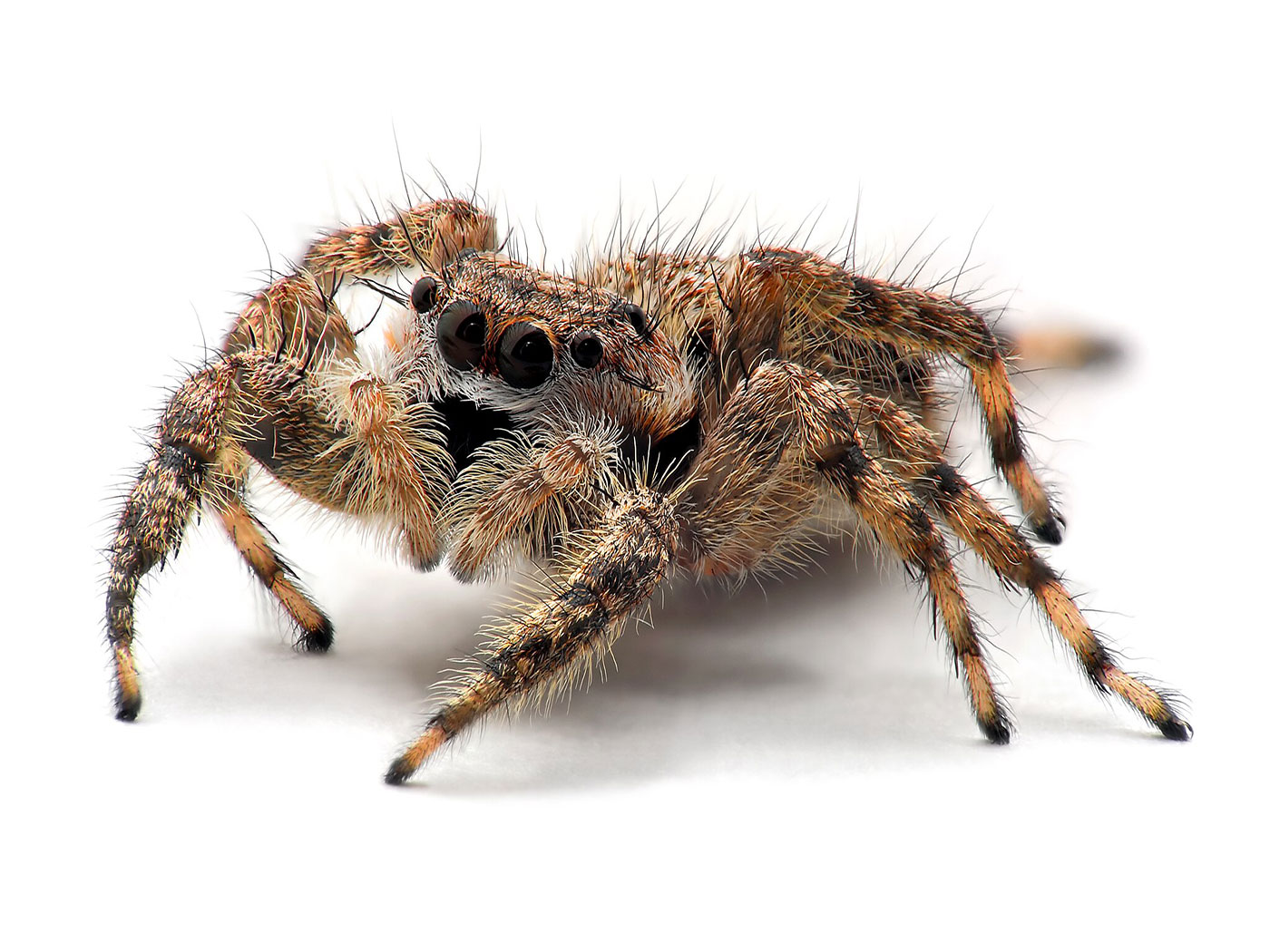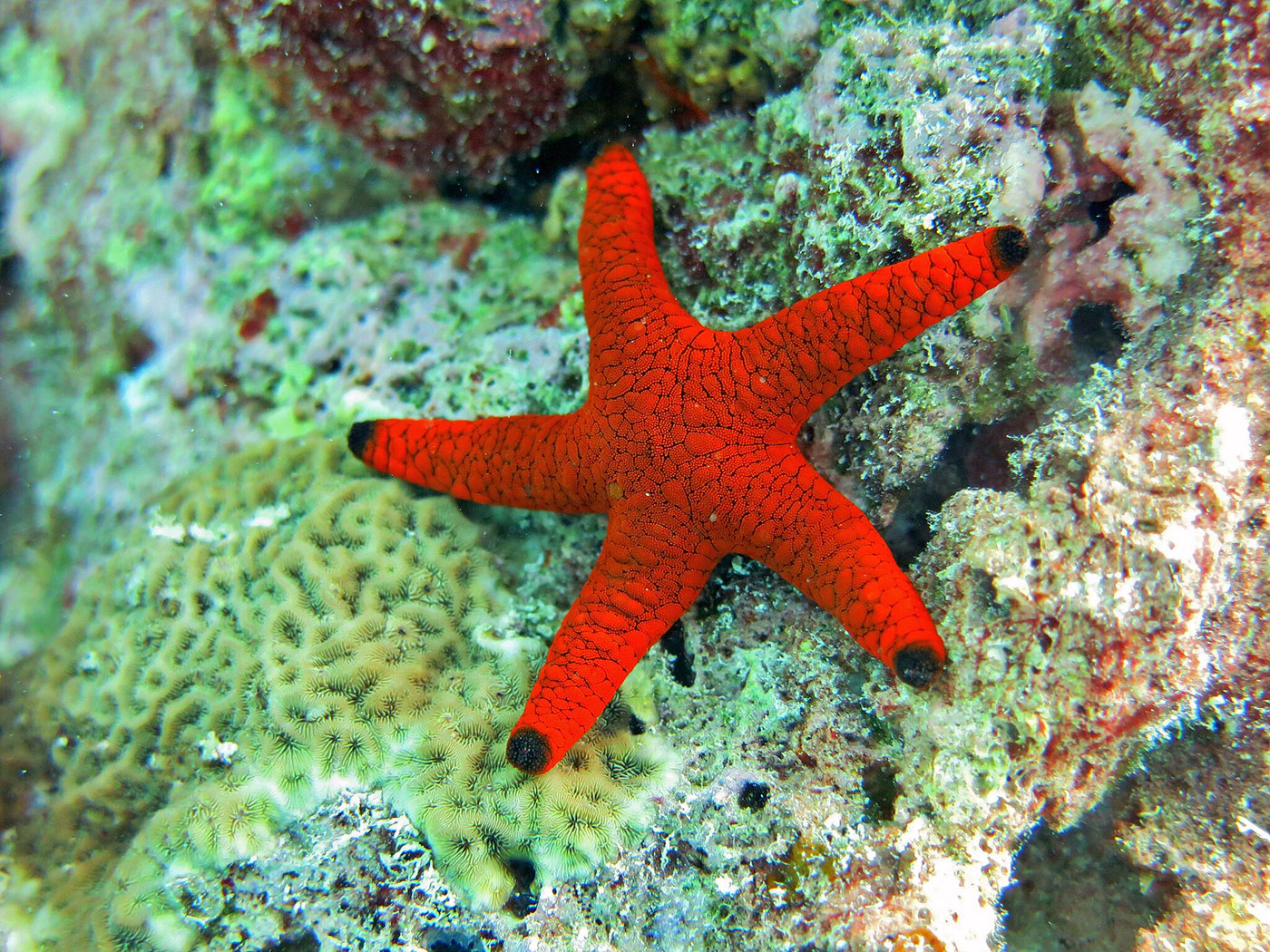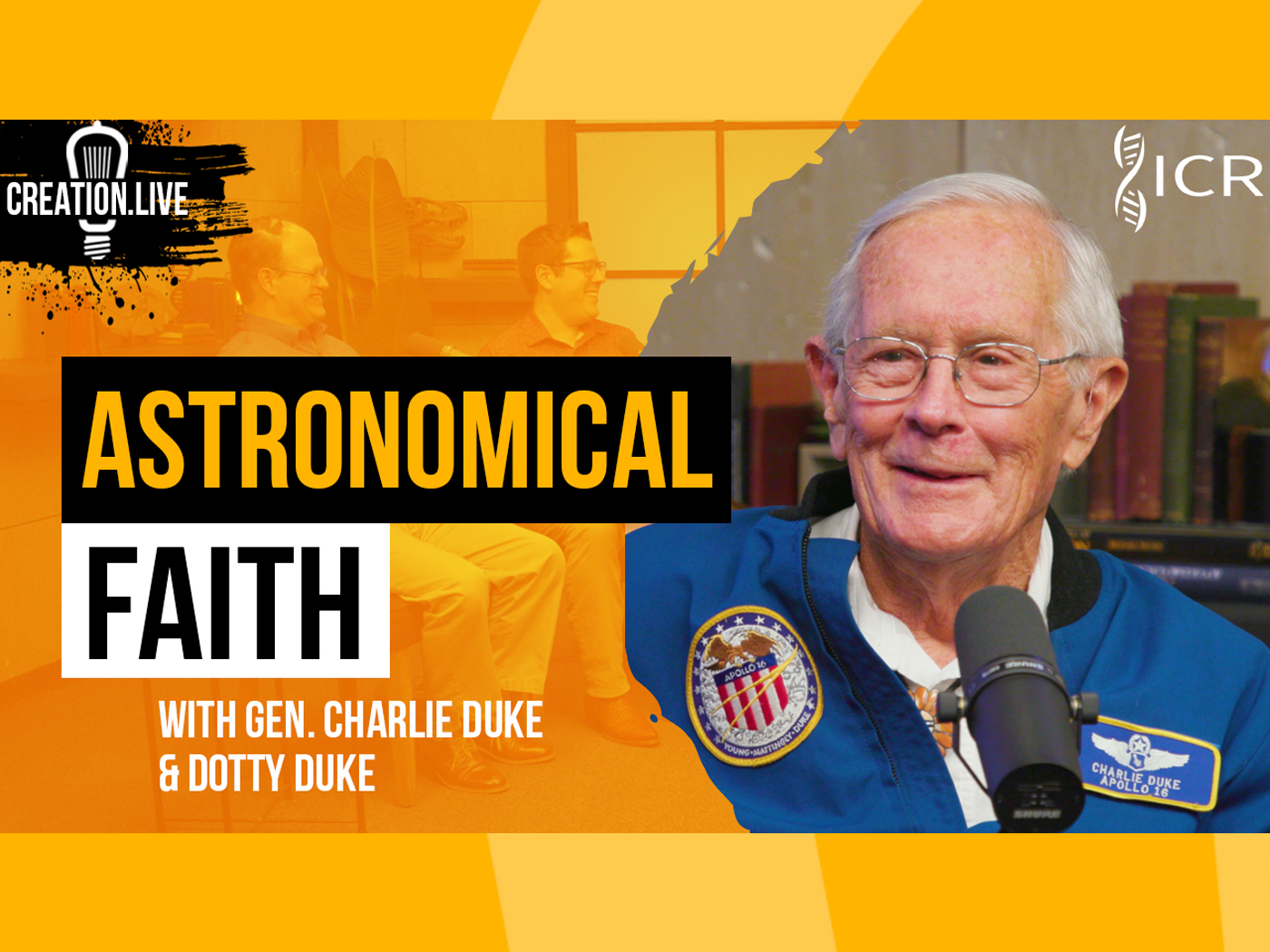“I beseech you therefore...by the mercies of God, that ye present your bodies a living sacrifice, holy, acceptable unto God, which is your reasonable service. And be not conformed to this world: but be ye transformed by the renewing of your mind, that ye may prove what is that good, and acceptable, and perfect, will of God.” (Romans 12:1-2)
For those who would know God’s will for their lives, these verses provide the definitive answer. The key is sacrifice, not conformity. It is paradoxical, but wonderfully true, that real living is dying—dying to the world and living unto Christ! This great theme is emphasized repeatedly throughout the New Testament (Galatians 2:20, etc.).
Whether paradoxical or not, the principle of sacrificial living for Christ is eminently reasonable service! “Reasonable” is the Greek logikos, from which we derive our word “logical.” “Service” is the Greek latreian, referring to service as a priest. We have been made “an holy priesthood, to offer up spiritual sacrifices, acceptable to God by Jesus Christ” (1 Peter 2:5). It is perfectly logical that we render such lifelong service to the great Friend who laid down His life for us in order to take away our sins and give us everlasting life with Him in the ages to come.
It is also logical that we should not conform our lives to the standards of this present evil world. Why should we imitate this world’s materialism or humanism, in dress or music or morals or anything else? We have far higher and more lasting standards, guided by the Word of God and by minds renewed in Christ.
Our minds once were “blinded” by “the god of this world” (2 Corinthians 4:4), but now they can be guided by “the mind of the Lord” (Romans 11:34; 1 Corinthians 2:16). Here is the key to knowing that good and acceptable and perfect will of God! HMM
 Days of Praise Podcast is a podcast based on the Institute for Creation Research quarterly print devotional, Days of Praise. Start your day with devotional readings written by Dr. Henry Morris, Dr. Henry Morris III, Dr. John Morris, and others to strengthen and encourage you in your Christian faith.
Days of Praise Podcast is a podcast based on the Institute for Creation Research quarterly print devotional, Days of Praise. Start your day with devotional readings written by Dr. Henry Morris, Dr. Henry Morris III, Dr. John Morris, and others to strengthen and encourage you in your Christian faith.








